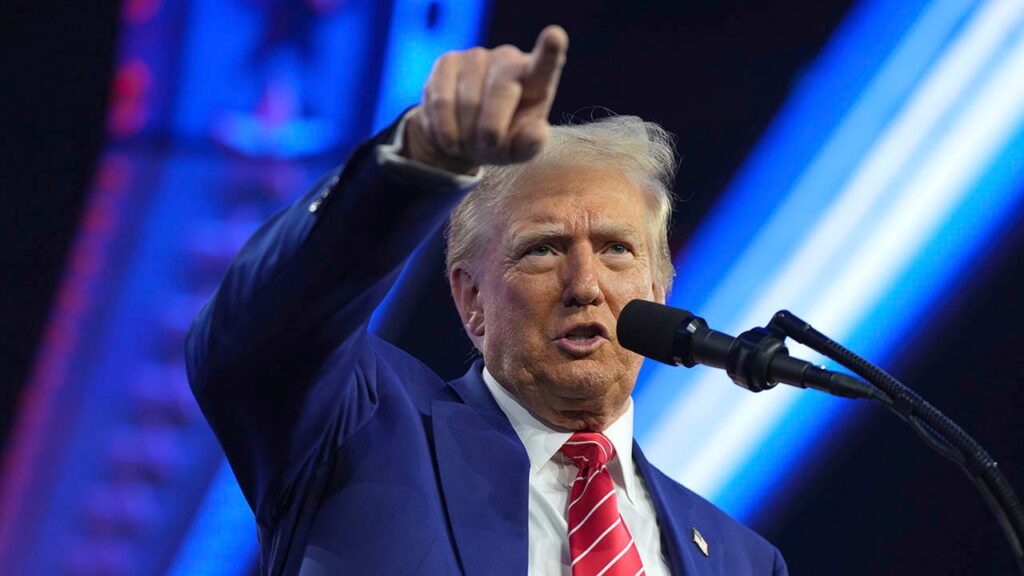Trump Promises Action to Restrict Transgender Athletes in Women’s Sports
President-elect Donald Trump recently made a bold announcement regarding transgender participation in women’s sports, vowing to put a stop to what he termed "transgender lunacy." Speaking at AmericaFest in Phoenix, Arizona, with his second inauguration just weeks away, Trump declared that he would take immediate action to block transgender athletes from competing in women’s events.
A Clear Stance on Gender Identity
During his speech, Trump emphasized that on his first day in office, he would issue executive orders that would end what he referred to as "child mutilation" and remove transgender individuals from military service, as well as from educational institutions, including elementary and high schools.
"We will keep men out of women’s sports," Trump promised, reinforcing that his administration would officially recognize only two genders—male and female. He expressed confidence that his stance was straightforward and understandable, appealing to the crowd’s support.
Highlighting the Impending Policy Changes
Trump’s remarks situate the issue of transgender participation in women’s sports as a pivotal point in his campaign, contrasting sharply with his rivals. At the Republican National Convention, he had previously asserted, "We will not have men playing in women’s sports, that will end immediately."
His rhetoric has resonated with many who share his viewpoint, further igniting debates about gender inclusion in athletics.
Vocal Support from Women’s Sports Figures
The controversy surrounding transgender inclusion in women’s sports is gaining traction, with various female athletes speaking out on the subject. This ongoing debate continues to highlight the implications for female athletes as discussions about equity, fairness, and representation evolve.
Conclusion
Trump’s commitment to barring transgender athletes from women’s sports could significantly impact future policies and the landscape of athletics. As many women athletes and advocates continue to navigate this contentious issue, the implications of these potential legislative changes remain to be seen.


